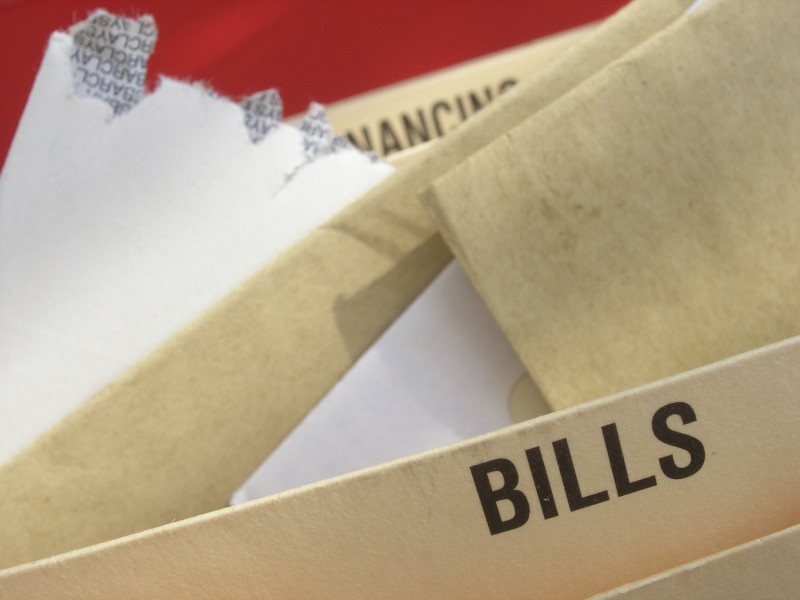Consumer Reports also asked how people dealt with these surprise bills. While the majority (60 percent) said they attempted to resolve the matter in some way, forty percent of Californians responding said they took no action at all. More than half (51 percent) said they did not believe it would make a difference. Nearly one in five (19 percent) said they didn't have time or it wasn't worth their time.
And it can take a lot of time, as Kelilyn McKeever can attest. But in her case, it netted her thousands of dollars.
McKeever was 8 months pregnant when she and her husband moved from California to Portland, Oregon last May. She promptly found a new obstetrician and a hospital that were both in-network with her Blue Shield of California plan.
"I absolutely knew to look for in-network providers," she told me.
She went into labor in June and ended up needed a c-section. Two different anesthesiologists provided care to her.
In September she received a$3,300 bill for their services. Blue Shield had denied the claim. McKeever had no idea why.
Her broker advised her to pay the bill so it wouldn't affect her credit rating. Then, she started fighting.
She first mailed a grievance to Blue Shield of California and heard nothing for 90 days.
Then she tried everything she could. She called, repeatedly. She tweeted at a Blue Shield and got a reply with a link to the online grievance form. She called again to customer service and was told "nothing can be done." She says she asked to speak to a supervisor and then "the conversation got heated." McKeever said she was left on hold and was never transferred.
That's when she contacted me.
Long story short: I called Blue Shield and the matter was resolved within a couple weeks. A Blue Shield spokeswoman said the problem was that the bill was coded incorrectly by the doctors' office. They later sent McKeever a check for the full $3,300 she had paid the doctors.
I shared this story with Imholz, and she cautioned that people need to be prepared. "It's amazing the stamina that you have to have to resolve those things," she said. But there are other avenues for consumers besides contacting reporters, she added.
Starting with either the doctor's office or the health plan is a good first step, she said.
"If that's not working," she says, "there are assisters out there that are helping people with bills."
Consumers may also file a complaint with state regulators, "because if the state doesn't get these complaints, they're never going to have a record and a full sense of what's going on."
Californians can file complaints for billing problems at the Department of Managed Health Care or the Department of Insurance, depending on the type of coverage they have.
Consumers Union supports two California bills that would help protect consumers from receiving surprise bills. AB 533 would require in-network payments (and co-pays for consumers) for care received at any in-network facility. SB 137 would require that all provider directories are up to date, so that consumers can confirm that providers are in-network.
